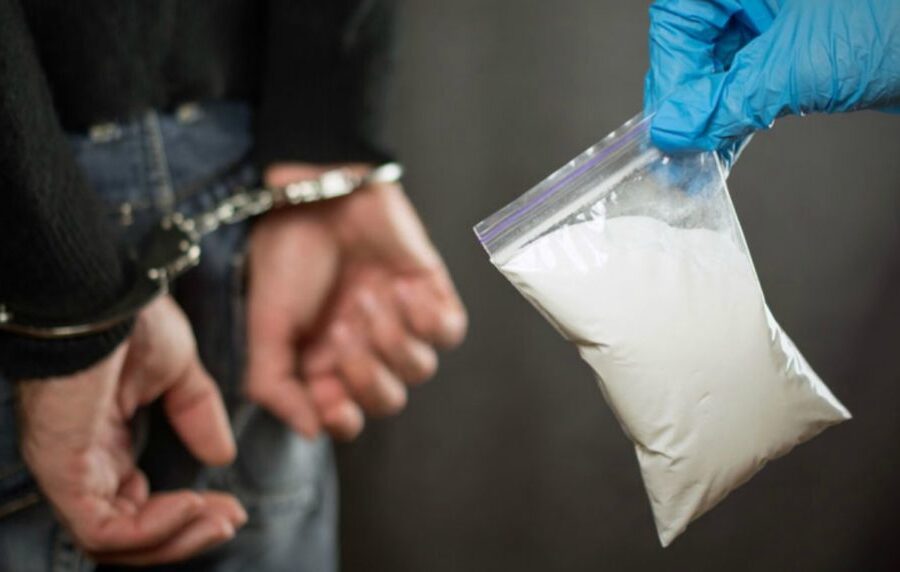Bench : J. Indira Banerjee, R.F. Nariman and Navin Sinha
In this landmark judgment, the Supreme Court of India addressed critical issues related to the admissibility of confessional statements recorded by officers appointed under the NDPS Act. A three-judge bench, comprising Justices RF Nariman, Indira Banerjee, and Navin Sinha, delivered the judgment. By a 2:1 majority, the court held that officers of both Central and State agencies appointed under the NDPS Act are considered “police officers.” However, Justice Indira Banerjee dissented from this view.
In this case, the Supreme Court (“Court”) held that confessions recorded under Section 67 of the Narcotic Drugs and Psychotropic Substances Act, 1985 (“NDPS Act”) would be inadmissible as evidence against the person. Using such confessions as evidence would violate the person’s right against self-incrimination under Article 20(3), and their right to privacy under Article 21 of the Constitution. Consequently, the confessional statements recorded by these officers under Section 67 are not admissible as evidence.
Facts
The present case arose when officers of the NCB arrested four individuals, including the Appellant, under the NDPS Act for possession and transportation of narcotic drugs. The officers exercised their powers under Section 67 of the NDPS Act to record a confessional statement of the Appellant. Section 67 granted officers conducting enquiries under the Act the power to call for information from any person in connection with violations of the Act.
Although the Appellant had subsequently retracted his confession, the Additional Special Court under the NDPS Act still admitted the confession as evidence, and convicted the Appellant for possession and transportation of narcotic drugs. Aggrieved by this, the Appellant approached the Madras High Court. The Appellant argued that he was convicted solely based on the retracted confessional statement recorded by the officers. However, the High Court rejected this argument and dismissed the appeal. This prompted the Appellant to approach the Supreme Court.
The Court directed the matter to be placed before a larger bench of the Court and sought the larger bench to provide its judgement on two key questions :-
- First, whether officers empowered under the NDPS Act would be considered as ‘police officers’ within the meaning of the Indian Evidence Act, 1872 (“Evidence Act”).
- Second, whether any confessions recorded by such officers would attract the provisions of Section 25 of the Evidence Act, which stated that any confessions made to police officers would not be admissible as evidence.
Issue
Whether the use of confessions recorded under Section 67 of the NDPS Act as evidence violates a person’s right against self-incrimination and right to privacy under Article 20(3) and Article 21 of the Constitution.
Decision
The Supreme Court of India determined that confessions made under Section 67 of the Narcotic Drugs and Psychotropic Substances Act (NDPS Act) are inadmissible as evidence. The Court held that this decision is grounded in the rights against self-incrimination and the right to privacy as protected under Articles 20(3) and 21 of the Indian Constitution.
The majority opinion emphasized that the right to privacy is intertwined with the right to life and personal liberty, as established in the landmark case of Justice K.S. Puttaswamy (Retd.) vs. Union of India. The Court argued that the right to privacy should be considered when interpreting Section 67 of the NDPS Act, ensuring that individuals are not compelled to provide self-incriminatory confessions. The ruling also highlighted that officers conducting inquiries under the NDPS Act function similarly to police officers, thus invoking protections under Section 25 of the Evidence Act, which prohibits confessions obtained through coercion.
The Court overruled earlier judgments that had exempted certain officers from these protections, asserting that such exceptions violate the rights to equality, privacy, and protection against self-incrimination.
In a dissenting opinion, Justice Banerjee contended that officers under the NDPS Act do not qualify as ‘police officers’, suggesting that confessions recorded by them should be admissible. She argued that the right to privacy is not absolute and that the NDPS Act imposes reasonable restrictions to safeguard public interests against drug-related offenses.
This ruling marks a significant shift in the interpretation of confessions under the NDPS Act, reinforcing the importance of individual rights in the context of stringent penal laws.

